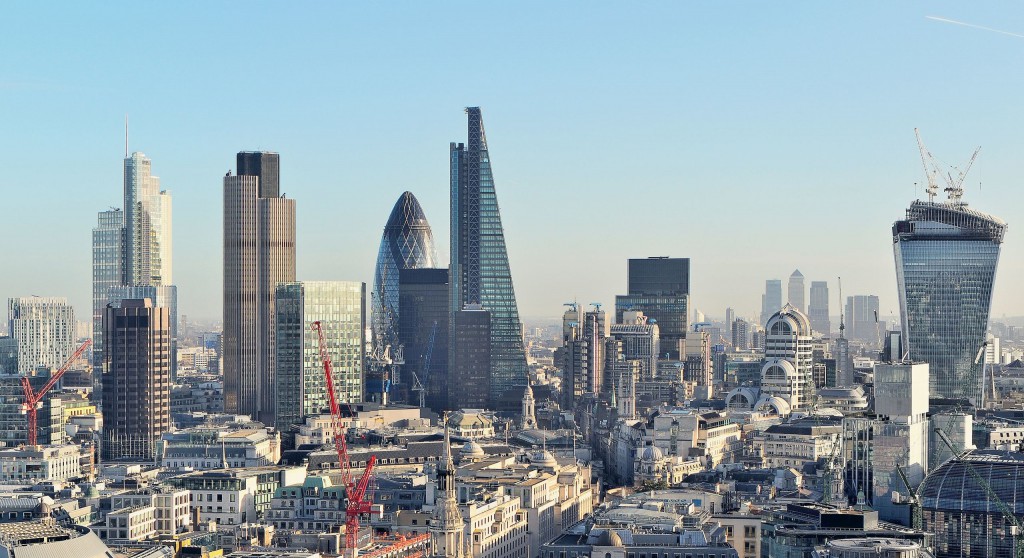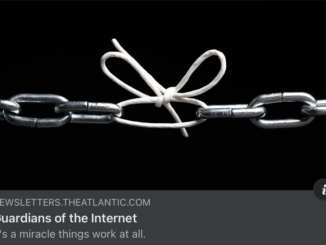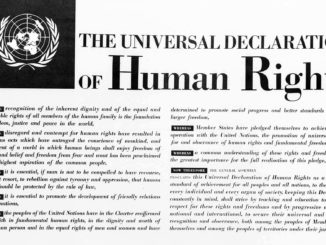 In the leader Save the City, the Economist (1 January 2012) comes to the defence of the City, London’s financial market, decrying that “Britain is the home of the world’s capital of capital but no longer prizes it. That is a mistake”
In the leader Save the City, the Economist (1 January 2012) comes to the defence of the City, London’s financial market, decrying that “Britain is the home of the world’s capital of capital but no longer prizes it. That is a mistake”
My take is that it would be nice if it was true. Unfortunately, it’s true only in part. If London lets go of the bankers, others will grab them. But the author doesn’t address the purpose of the financial sector, which was created, originally, to funnel capital to production of goods, when Britain was an industrial power. When the financial markets became divorced from reality and triggered a vicious maelstrom of virtual money feeding on itself, that’s when the trouble started. In theory, we were only looking at virtual money spinning around and growing ceaselessly, there could be no losses because everything was virtualized and hedged. A few made huge profits, then everybody had to bail out the whole industry – mainly at the cost of those who never profited in the first place.
Tell me where is the profit? In bright kids straight out of university making gigantic salaries and bonuses, instead of learning the hard way, how to build a decent car or bicycle? In hyperinflated housing prices in London and the south of England, where a normal person earning a decent salary can’t even dream of ever buying property to live in, not speculate? The fact that the taxpayers had to bail out the banks, receiving nothing in exchange, not even credit? Didn’t we rescue them so that they could go on supplying credit to fuel the real economy?
Do keep the financial sector, allow it to grow and experiment, but stop throwing obstacles in the way of reasonable regulation, which will shield the middle class from the (occasional) follies and crises of the sector – while protecting the industry from itself. (No, don’t try to convince people that the invisible hand is good at regulating itself – we’ve seen it in the latest crisis, thank you: cocaine addled brains are not at their best making decisions, particularly in time of crises).
The unfairness of taxing top income
And, yes, they were bailed out so that they would continue providing financing to businesses and individuals. They found enough money to pay themselves bonuses out of public money, probably for squandering so well all that capital, but they are still not providing credits. They should have been allowed to go under, in a controlled fashion. But they are too big to fail. And they are fighting back, desperately, to stay too big to fail. While moaning about the excessive 50% top tax rate, of course: how dare we, mere mortals, demand some sort of compensation from people who (think that they can) defy gravity, with impunity.
Let’s blame Europe, anyway
And, while at it, stop blaming Europe for everything, already. Europe IS the UK’s biggest market. If it really can’t stand the rest of Europe, it should think of Europeans as clients who, when treated well, come back for more. If the UK keeps kicking its customers in the teeth, they may go elsewhere for their business, thank you.



















